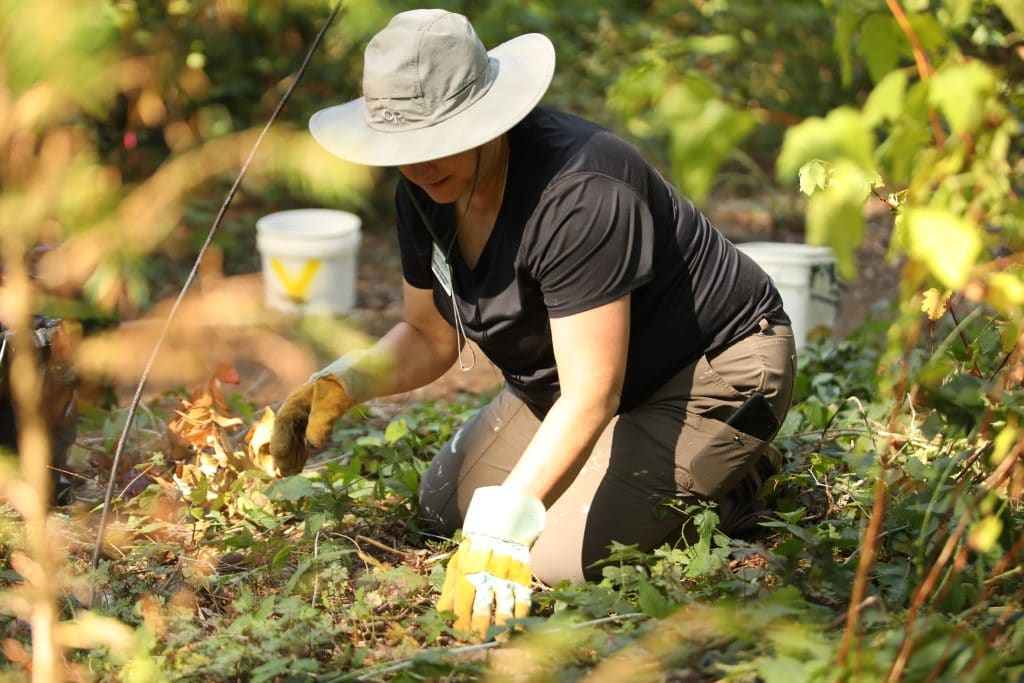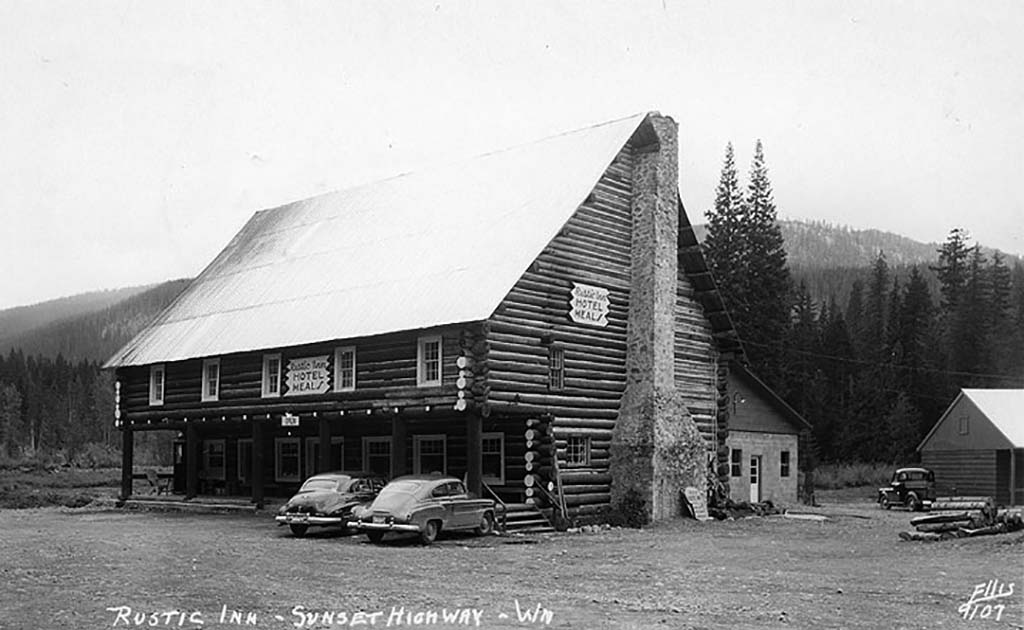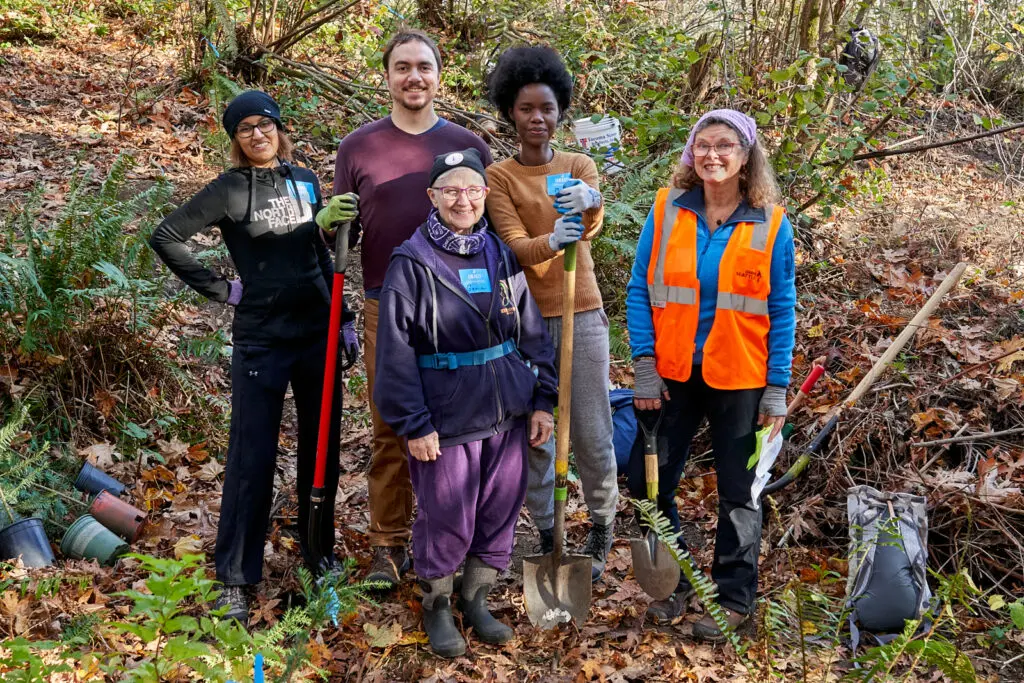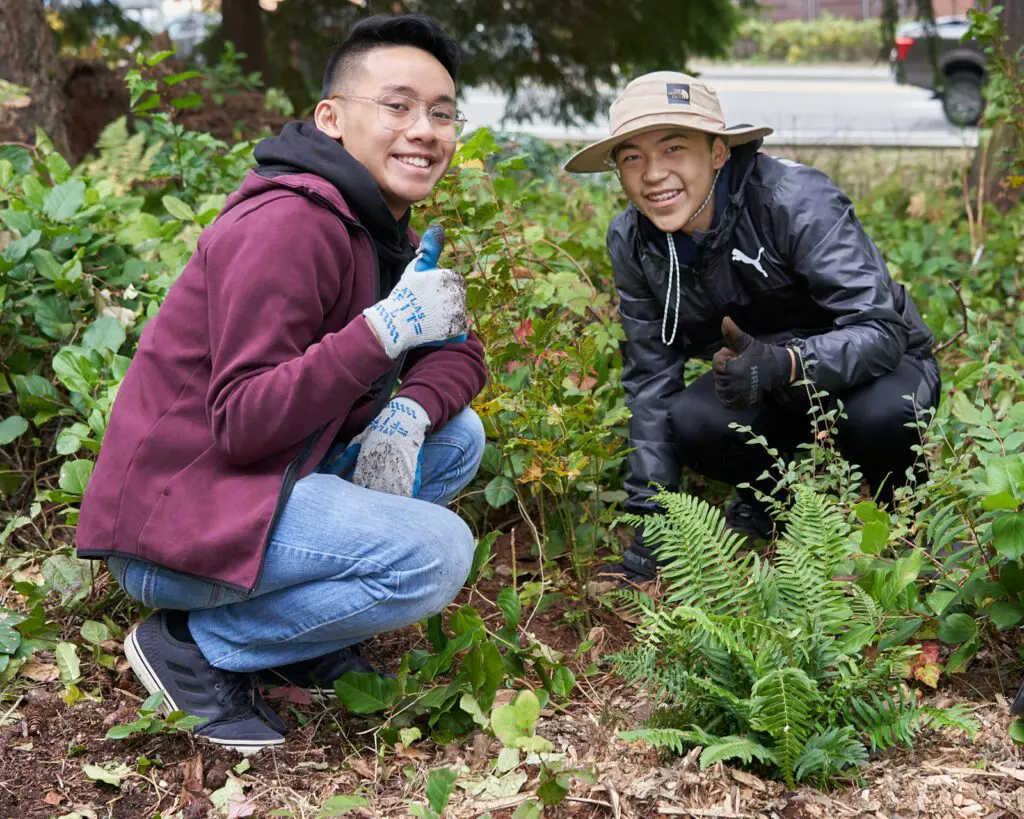The new community garden in Kent officially opened on Sunday, June 24th, with a ribbon-cutting celebration, complete with dancing and kid’s games. Forterra teamed up with the International Rescue Committee, Global to Local, St. Columba’s Episcopal Church, and more than a hundred volunteers on a multi-year effort to site, clear and build a new community garden in Kent’s West Hill Neighborhood.
Volunteers transformed a fearsome thicket of Himalayan Blackberry into a green garden that will benefit city residents, including recent immigrants from Congo, Sudan and Bhutan.
Now, the garden offers newcomers an opportunity to put healthy food on the table for themselves and their kids, as well as to connect socially, culturally and with nature. Although the garden has only just officially opened, it is already already producing and some plots are expected to produce as many as three harvests each year!
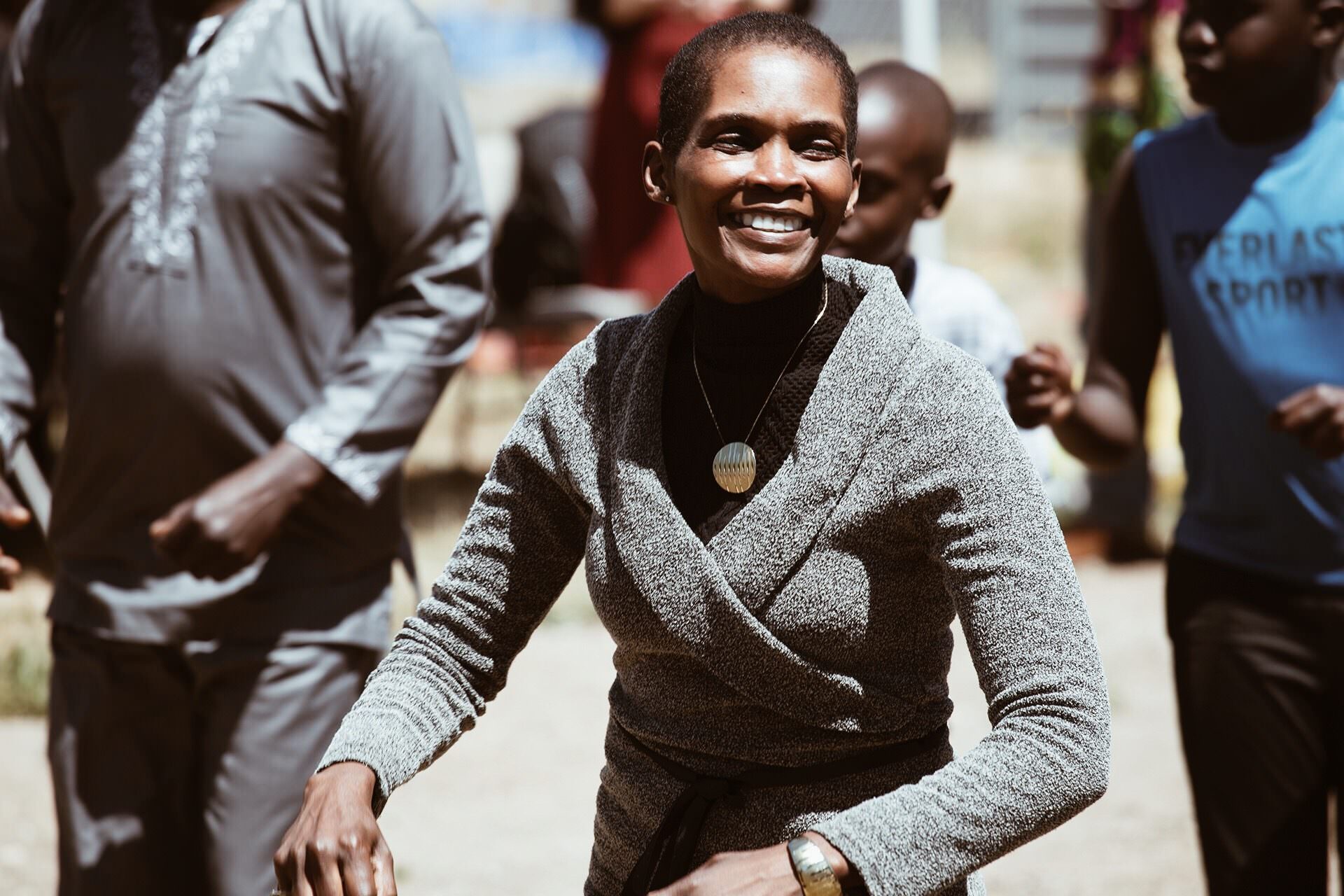
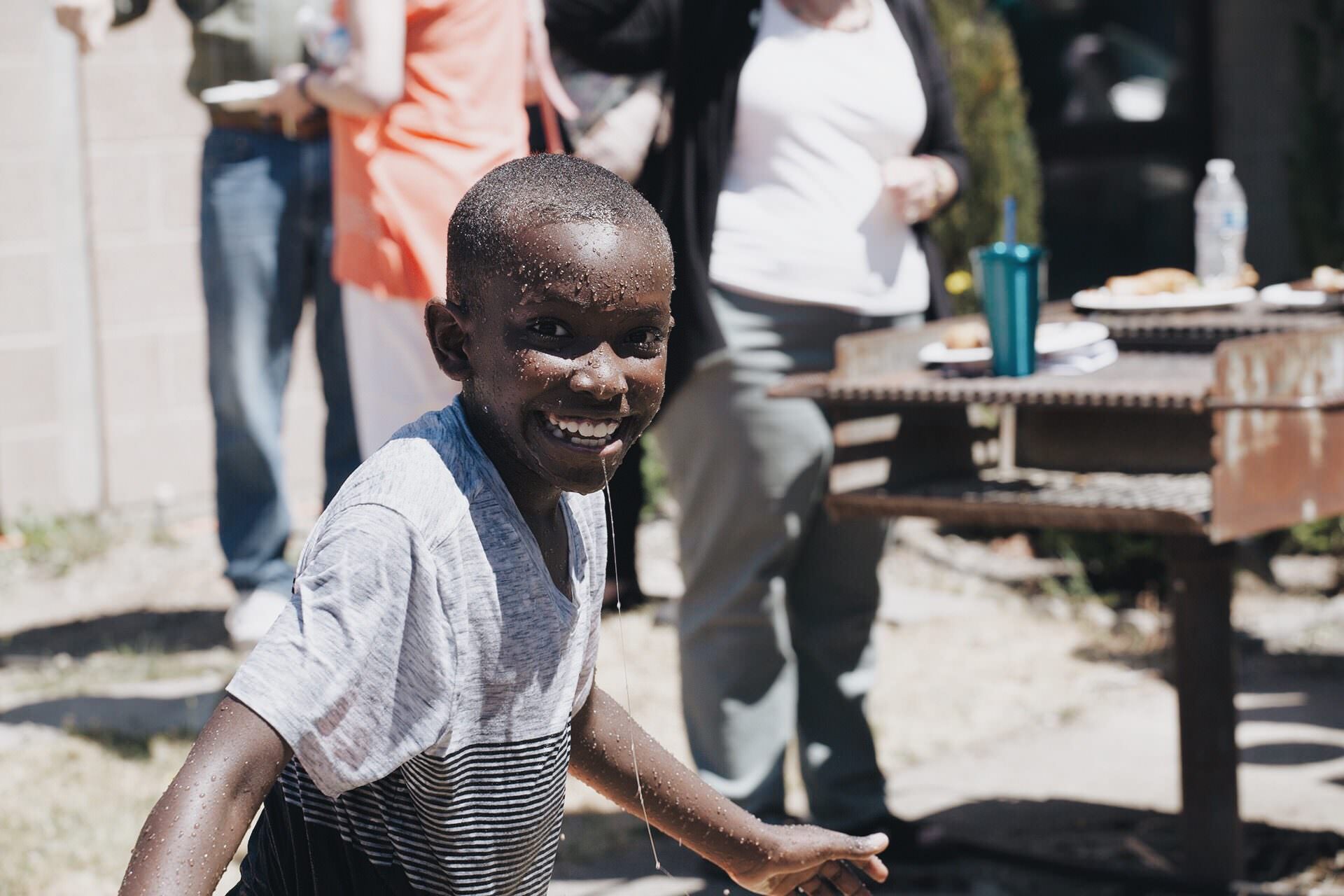
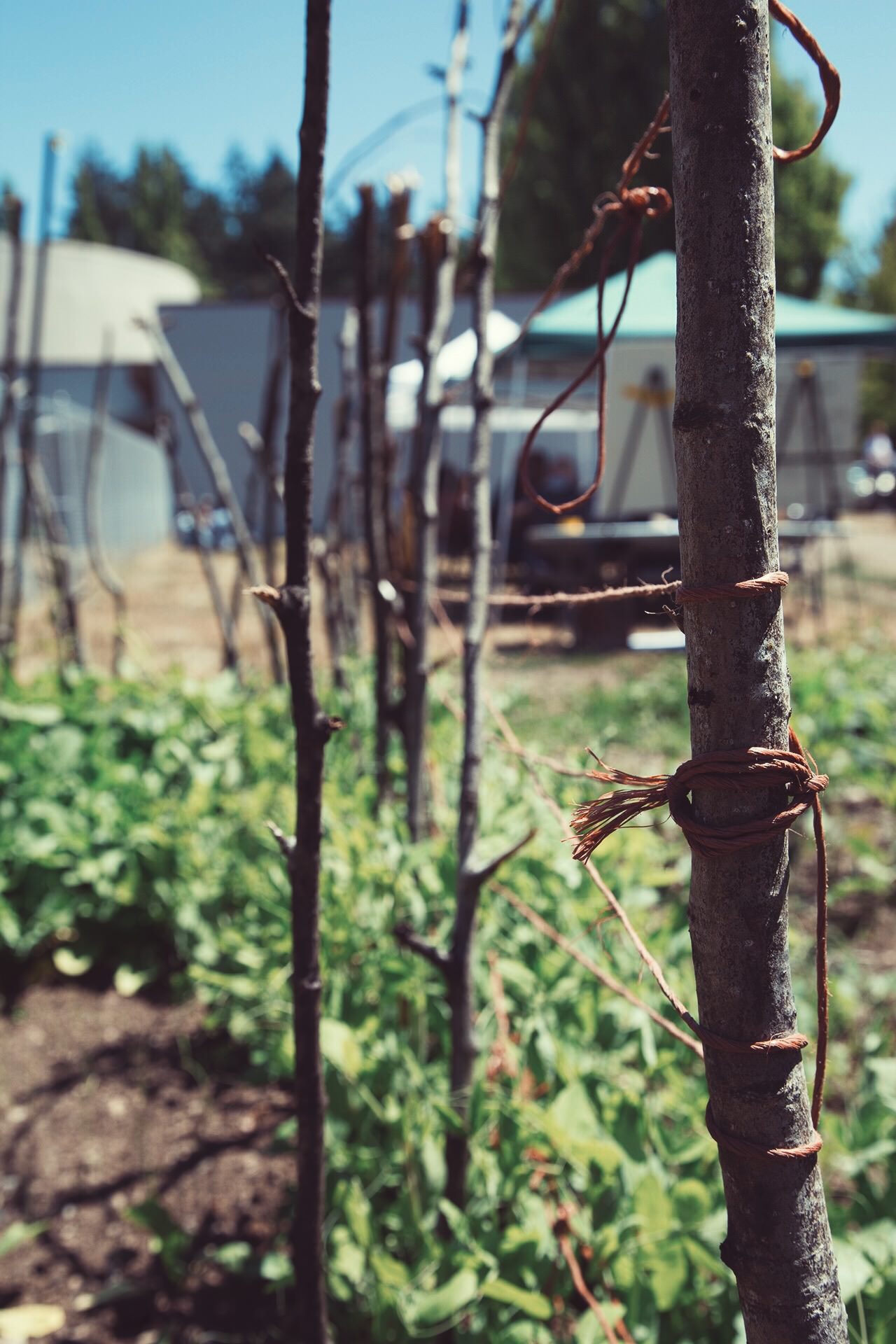
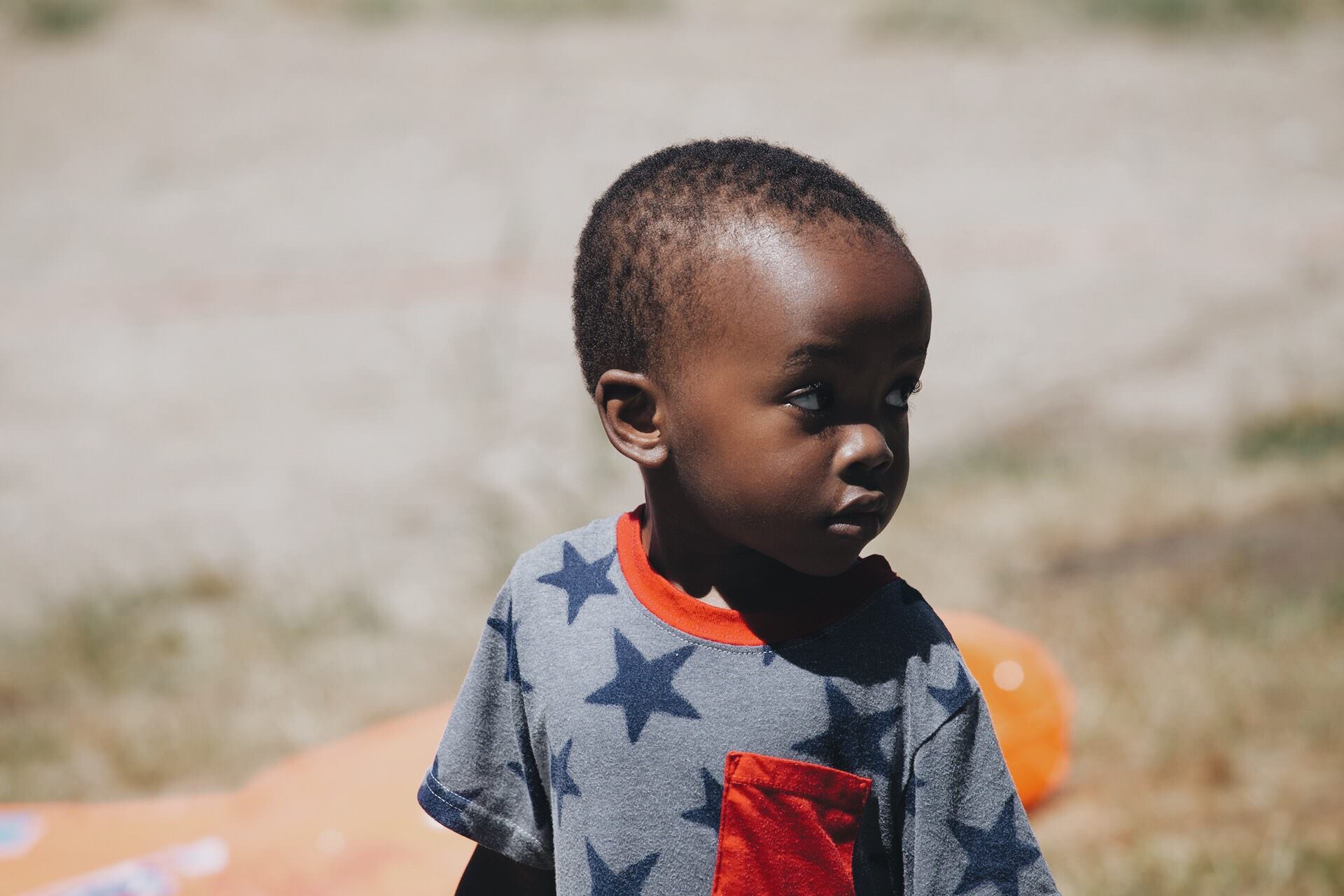
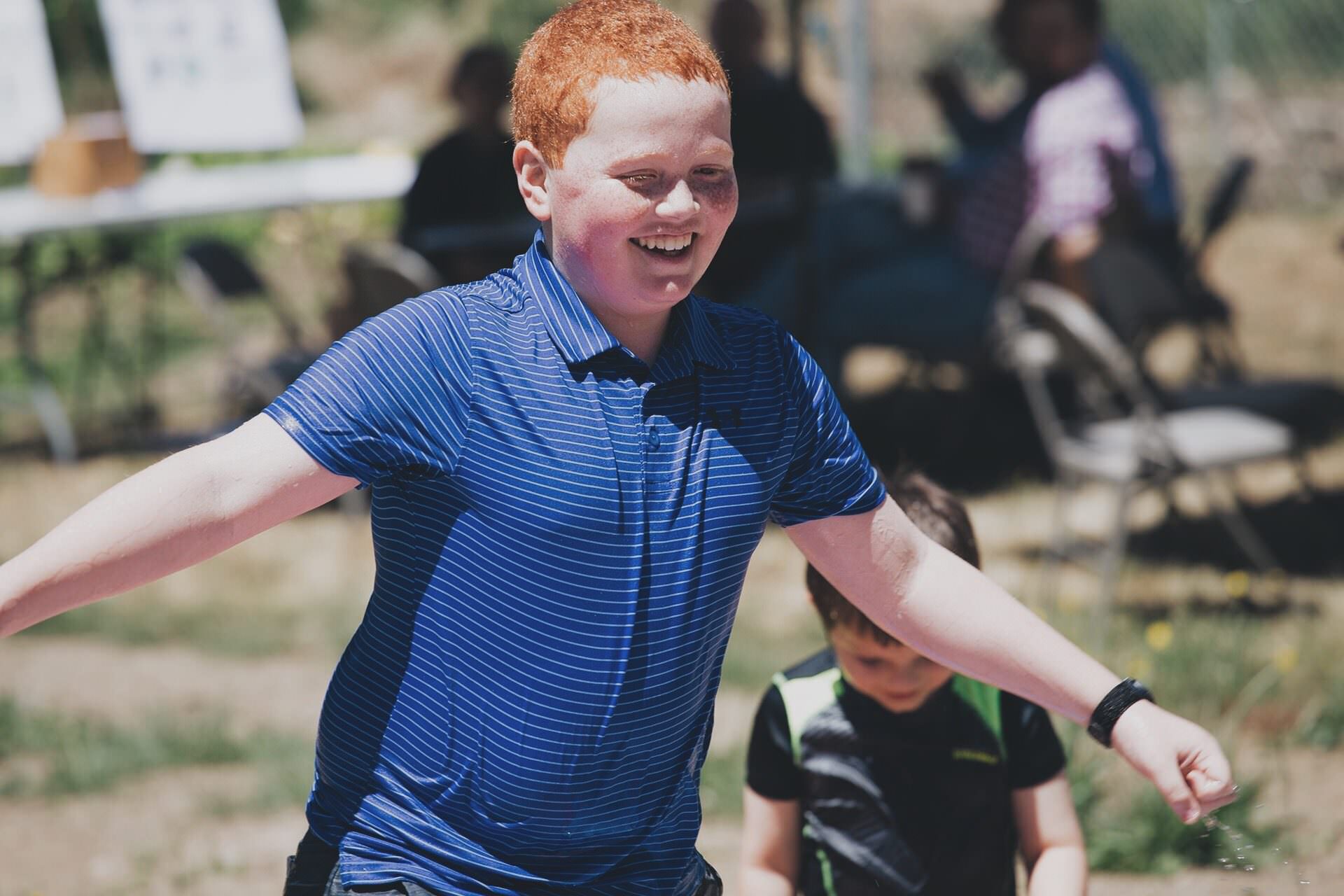
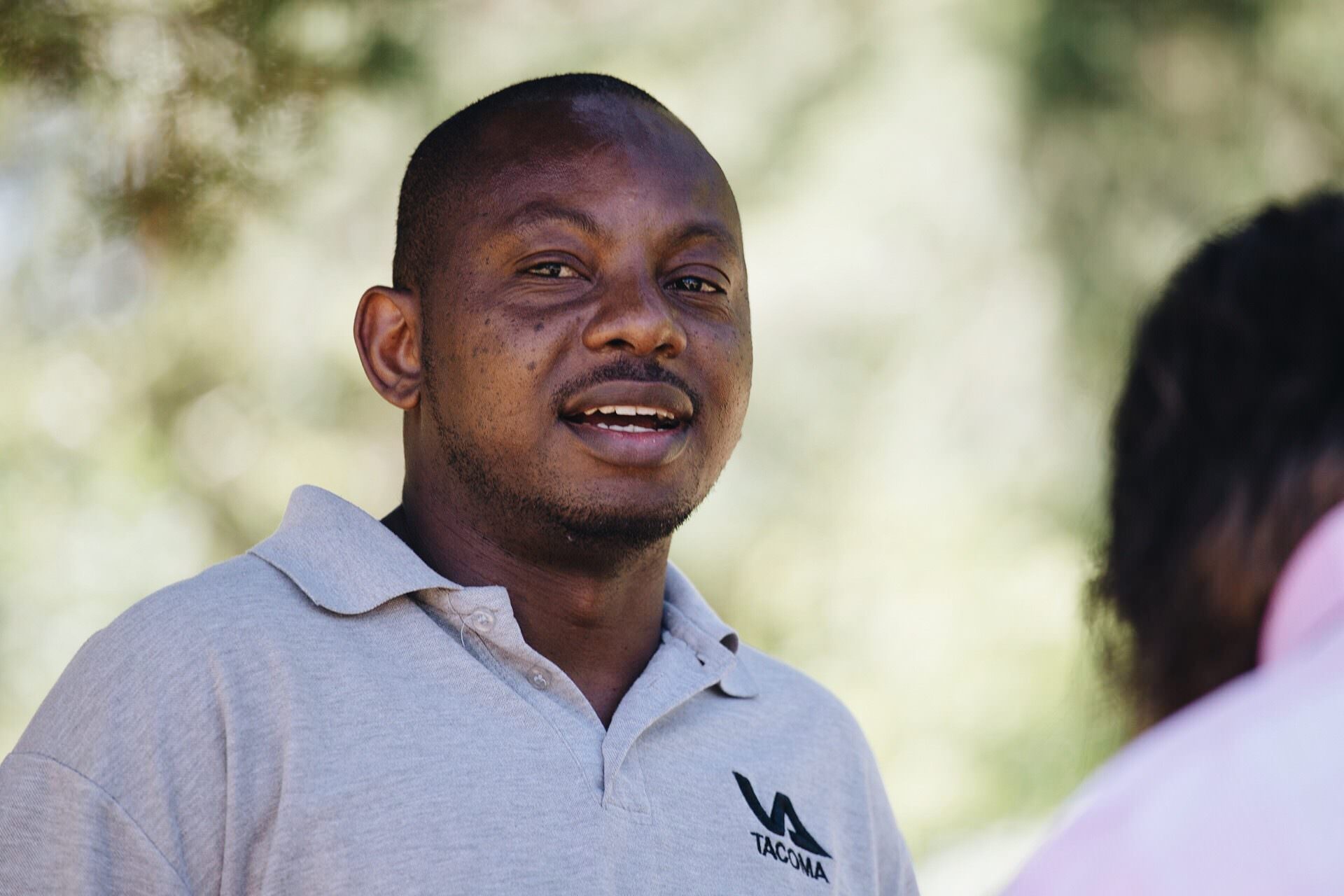
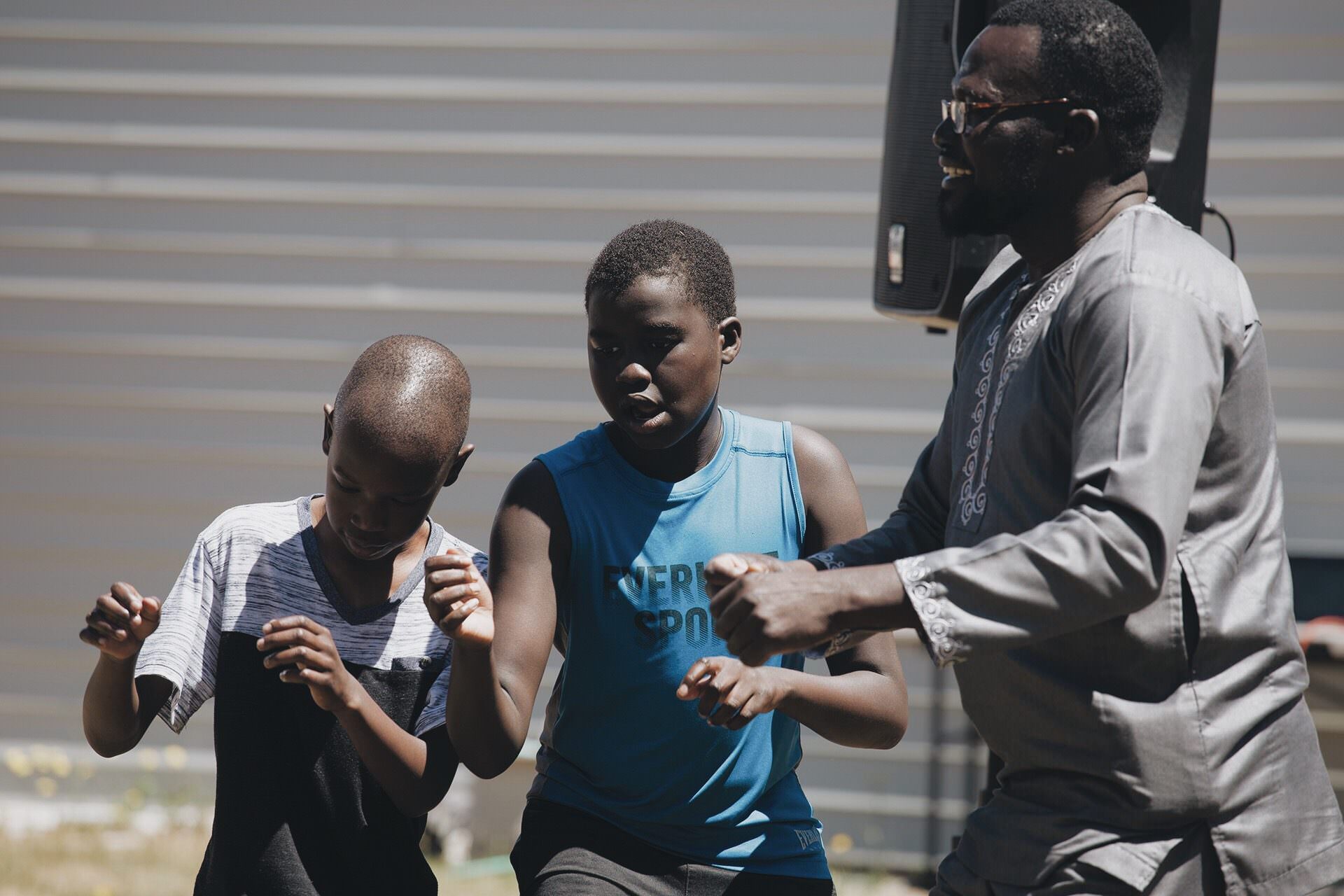
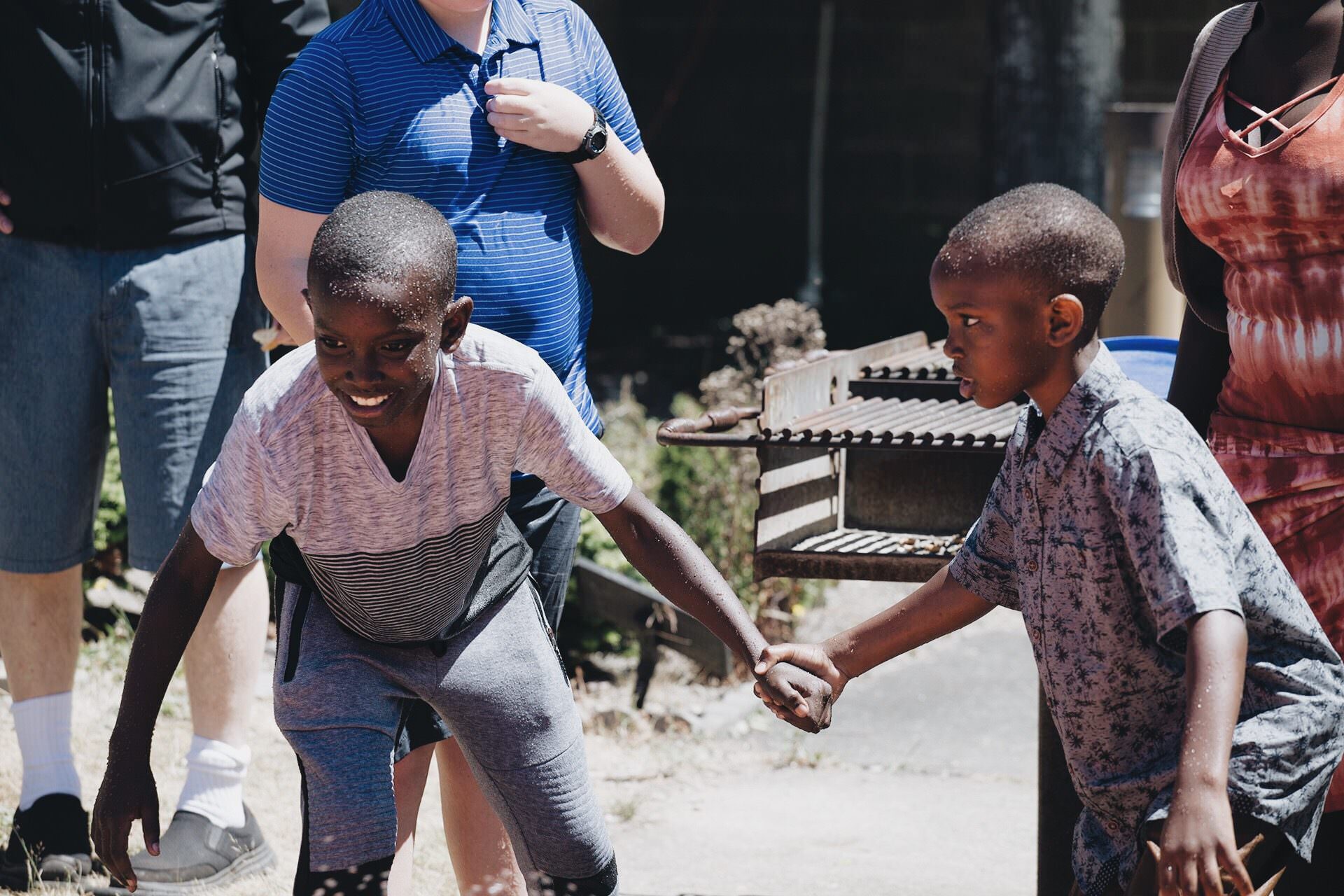
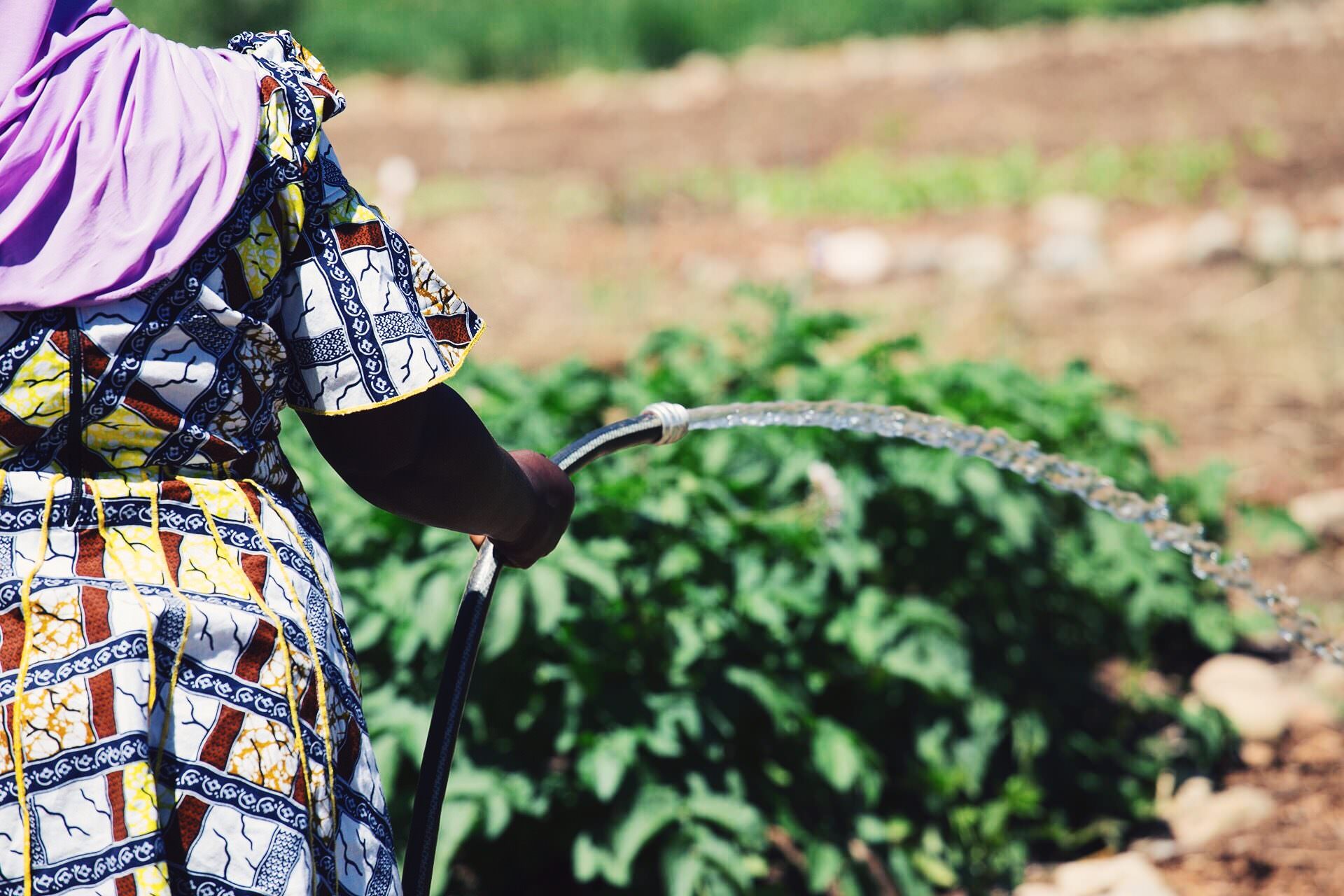
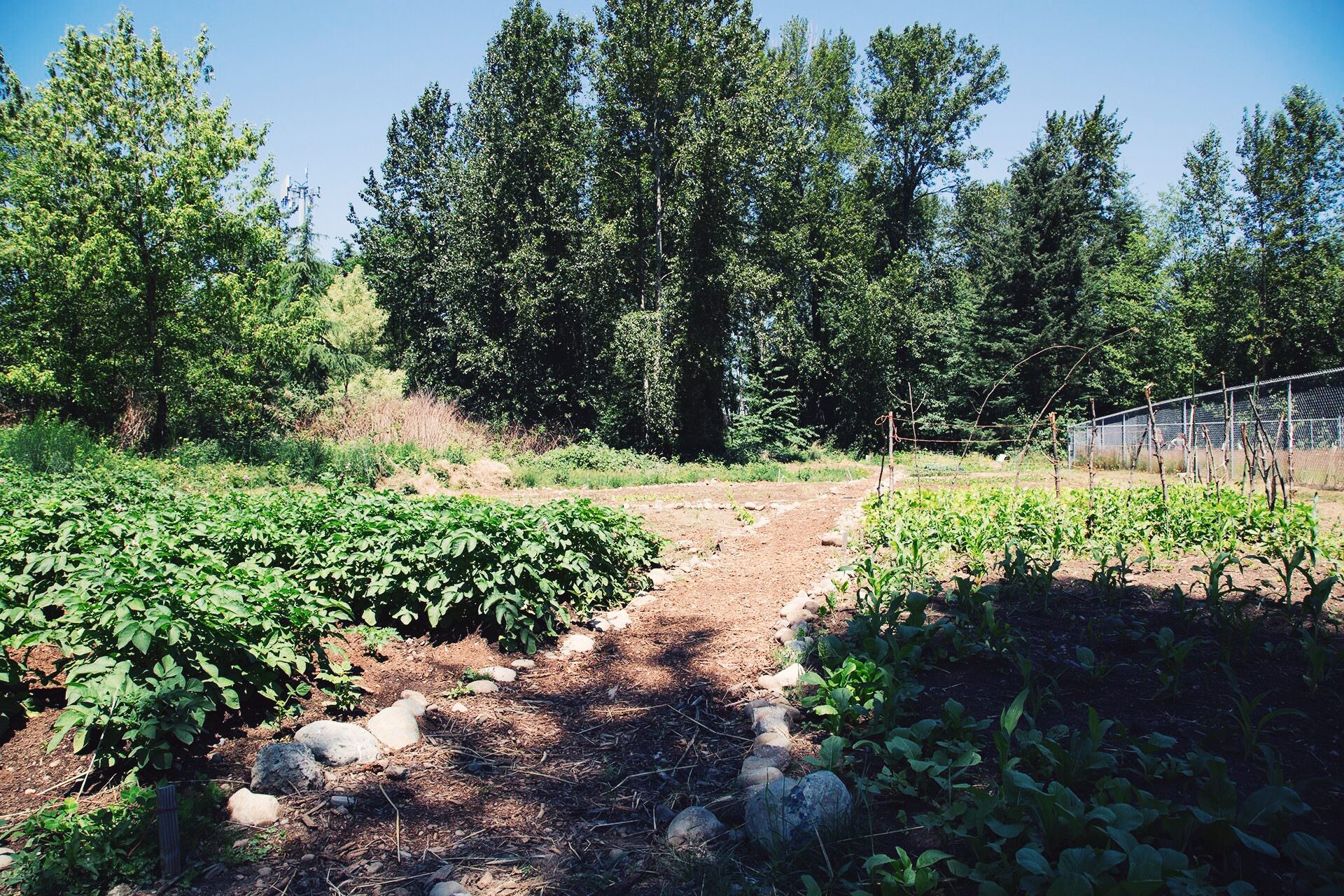
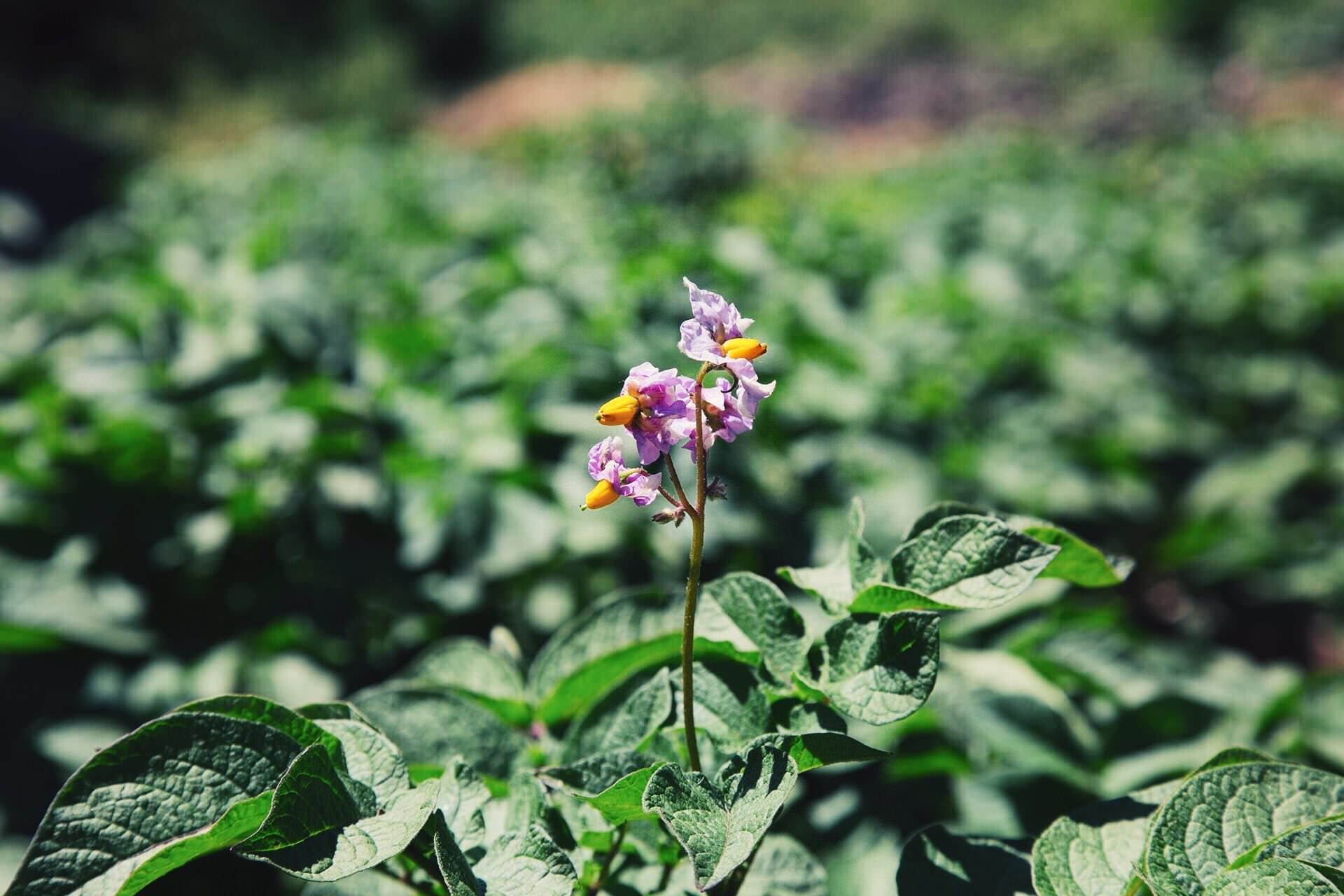
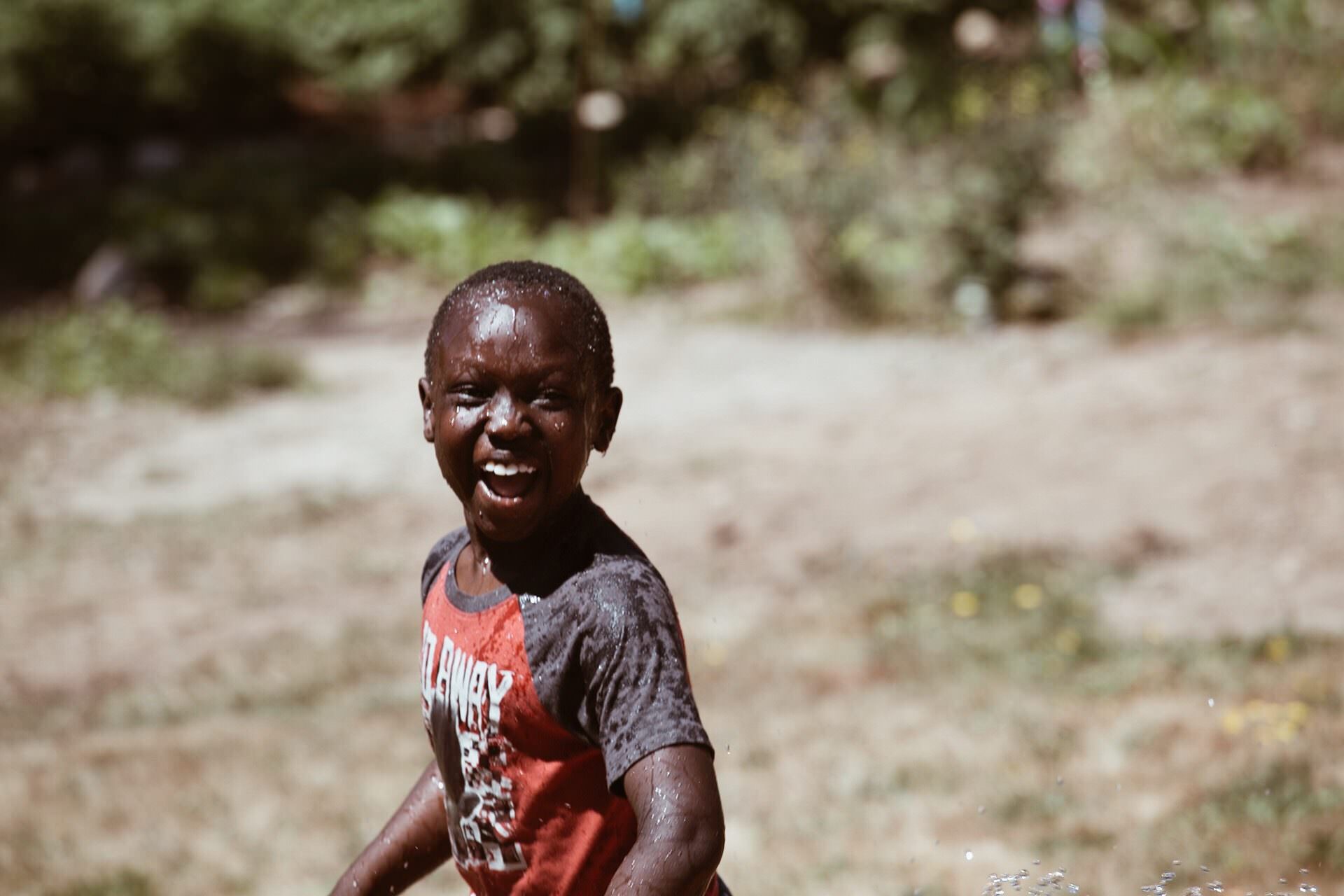

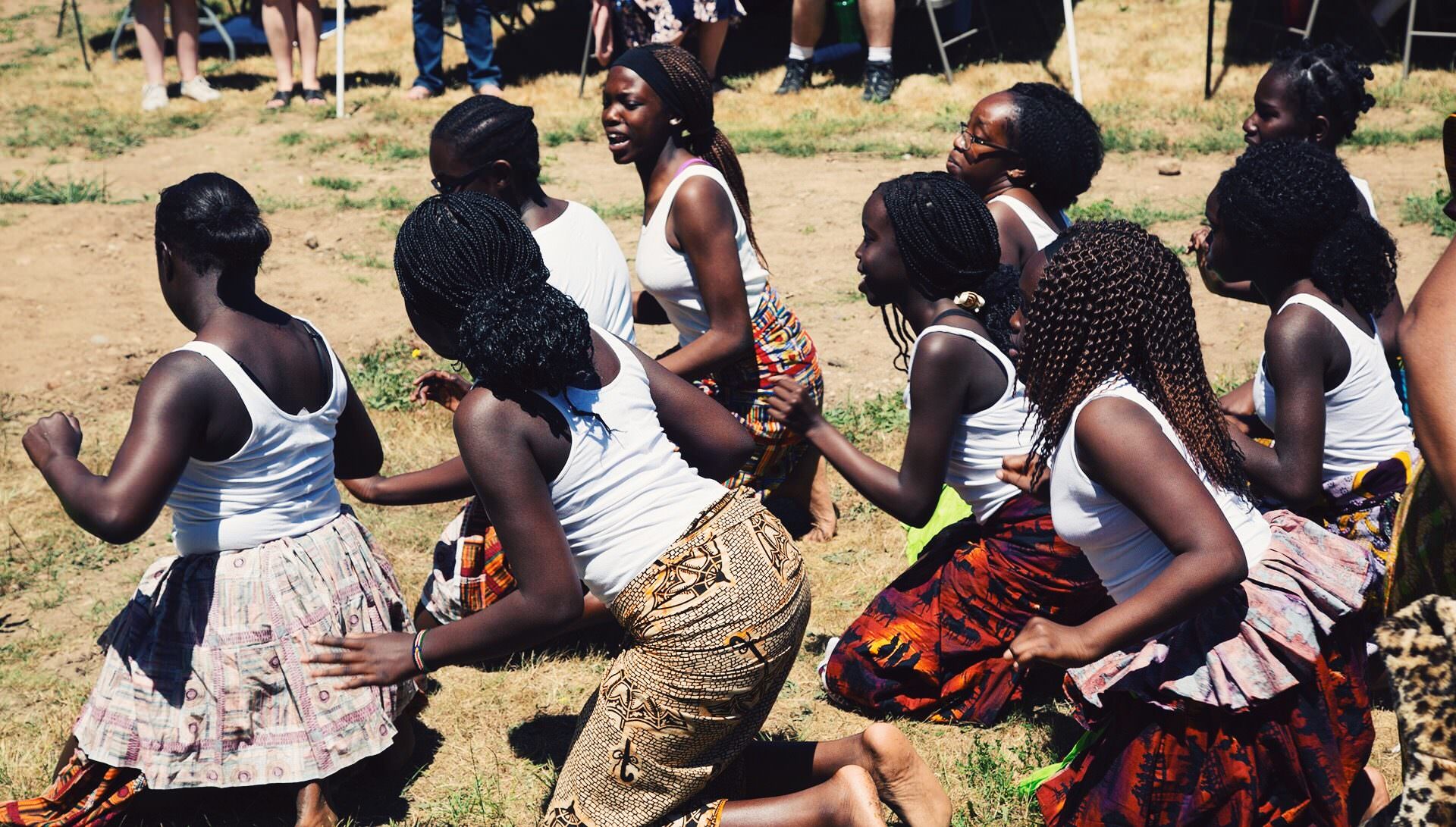
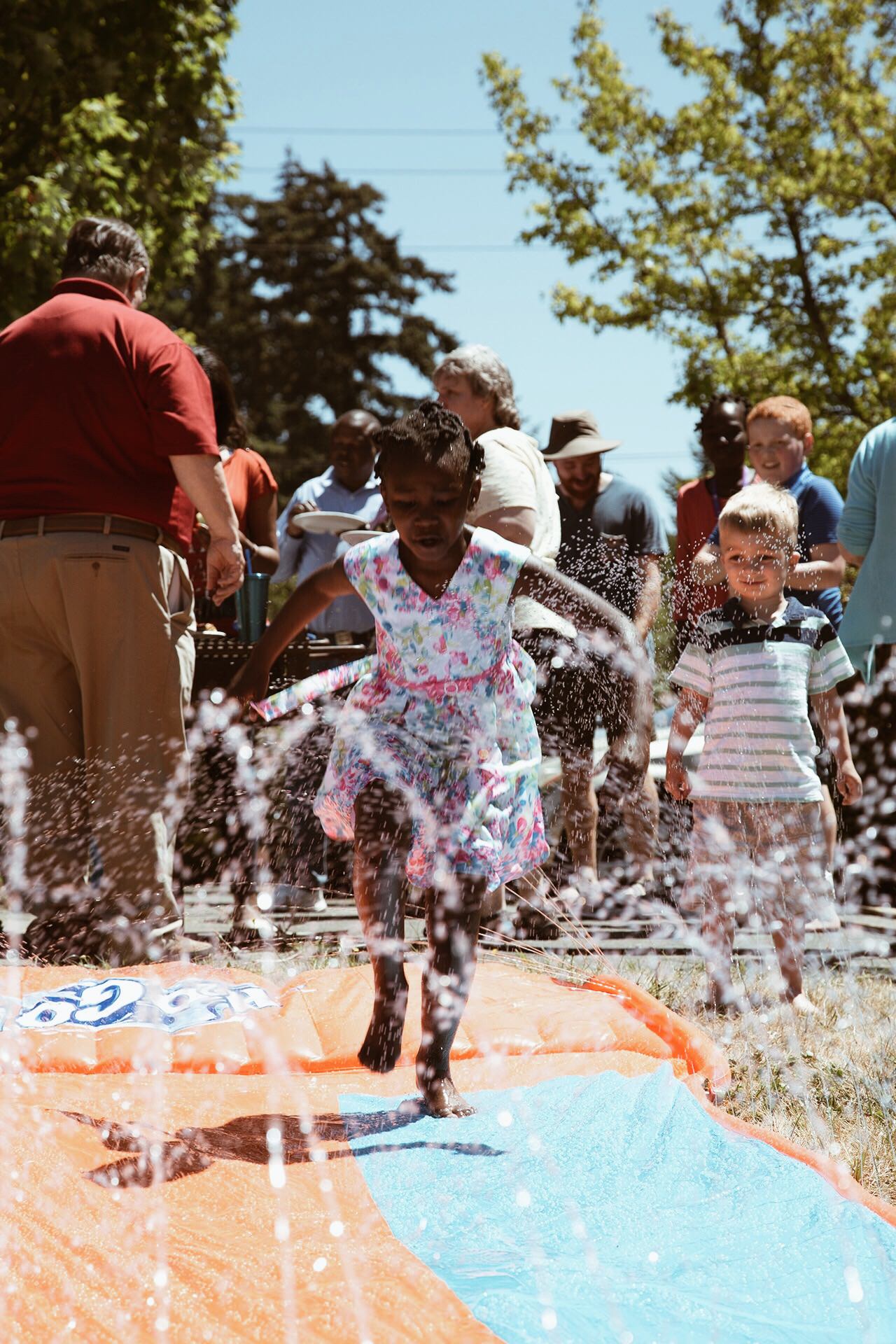
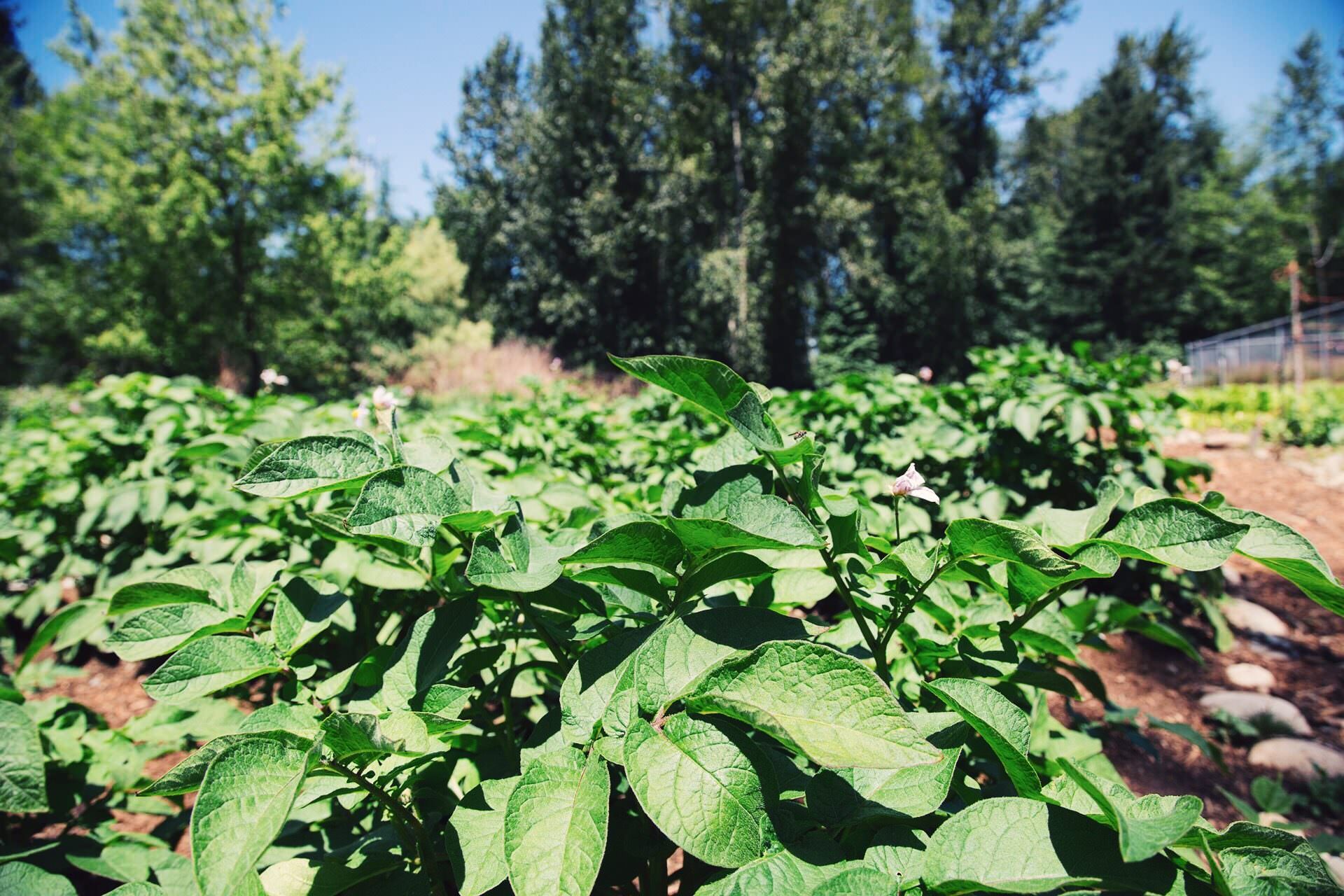
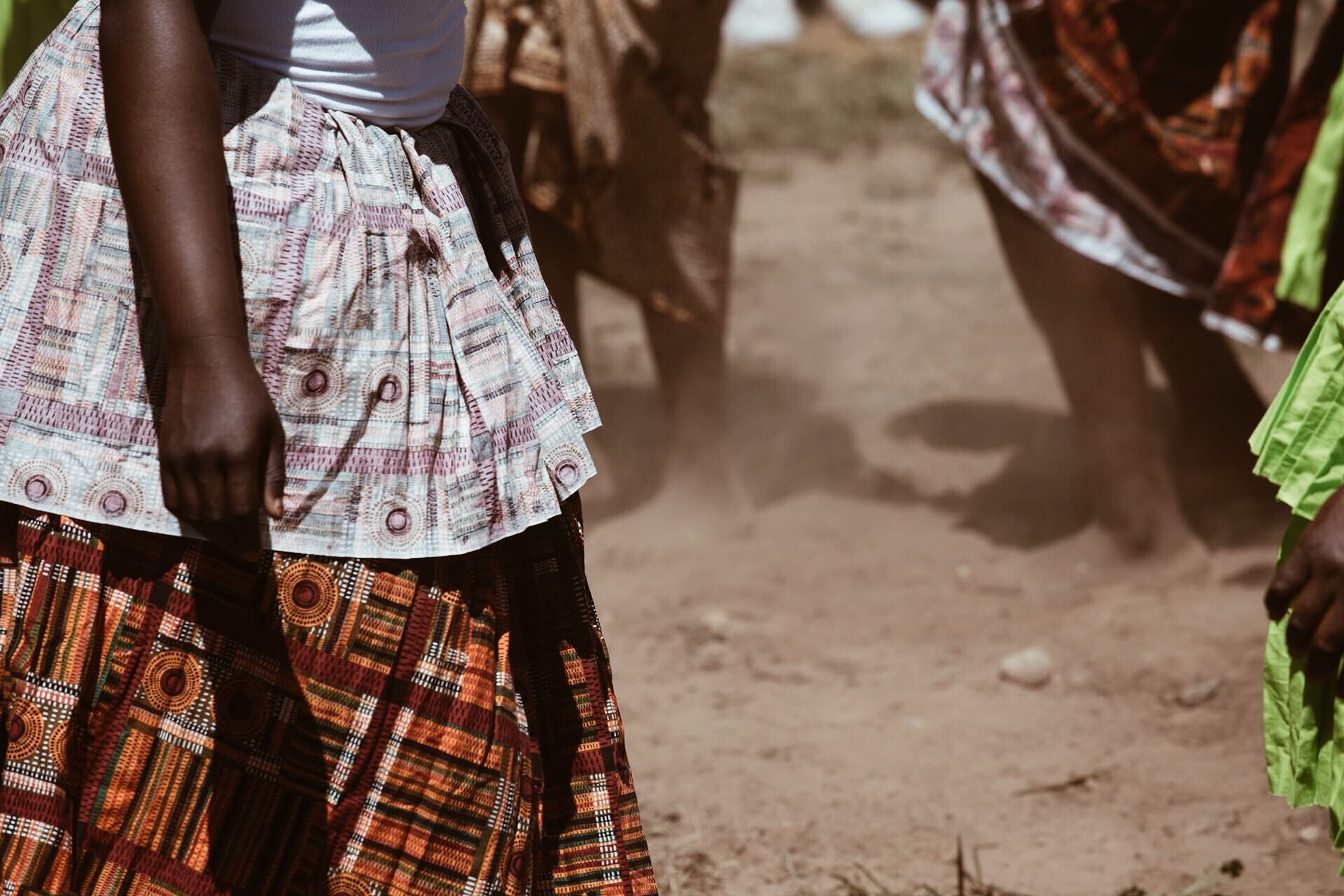


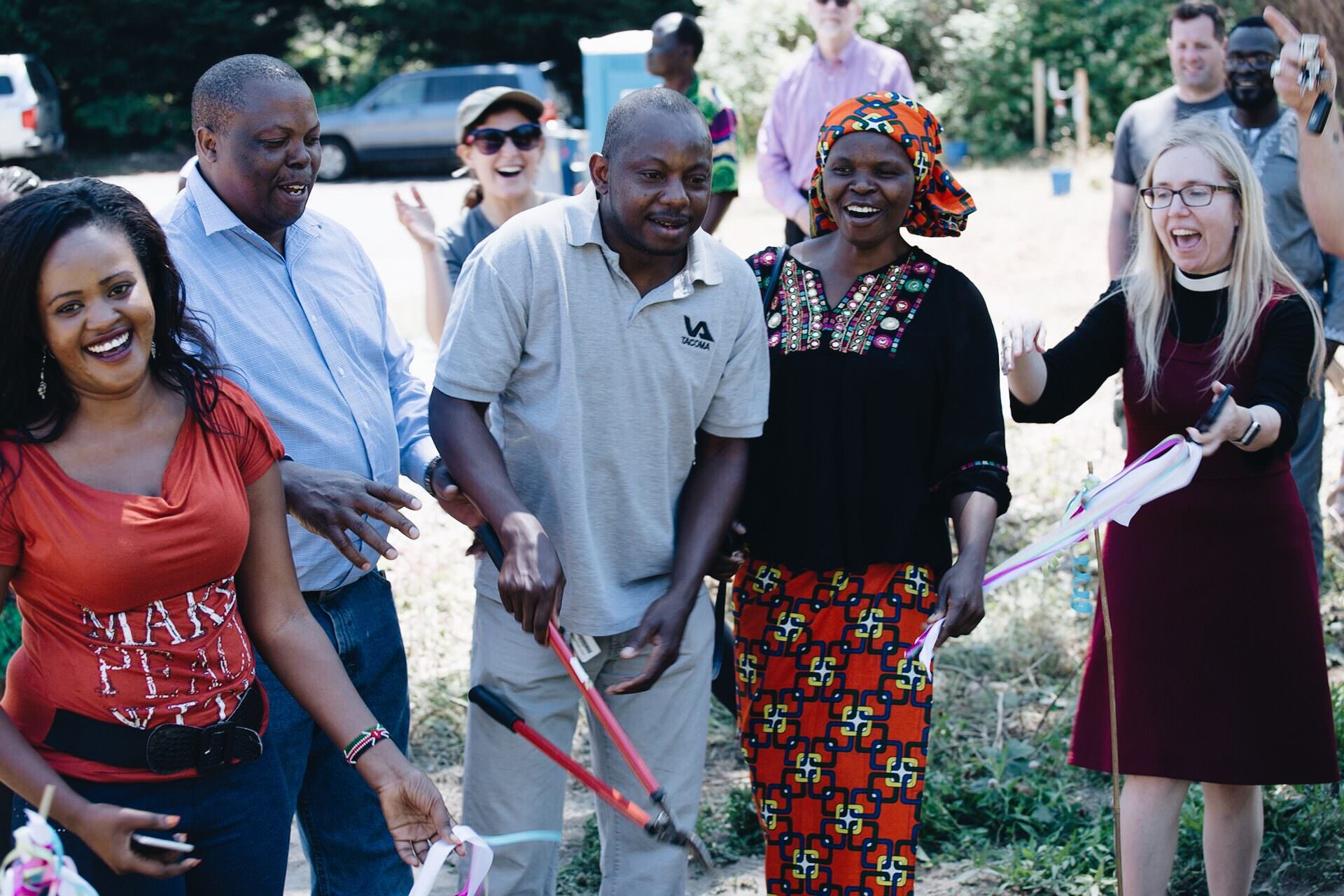
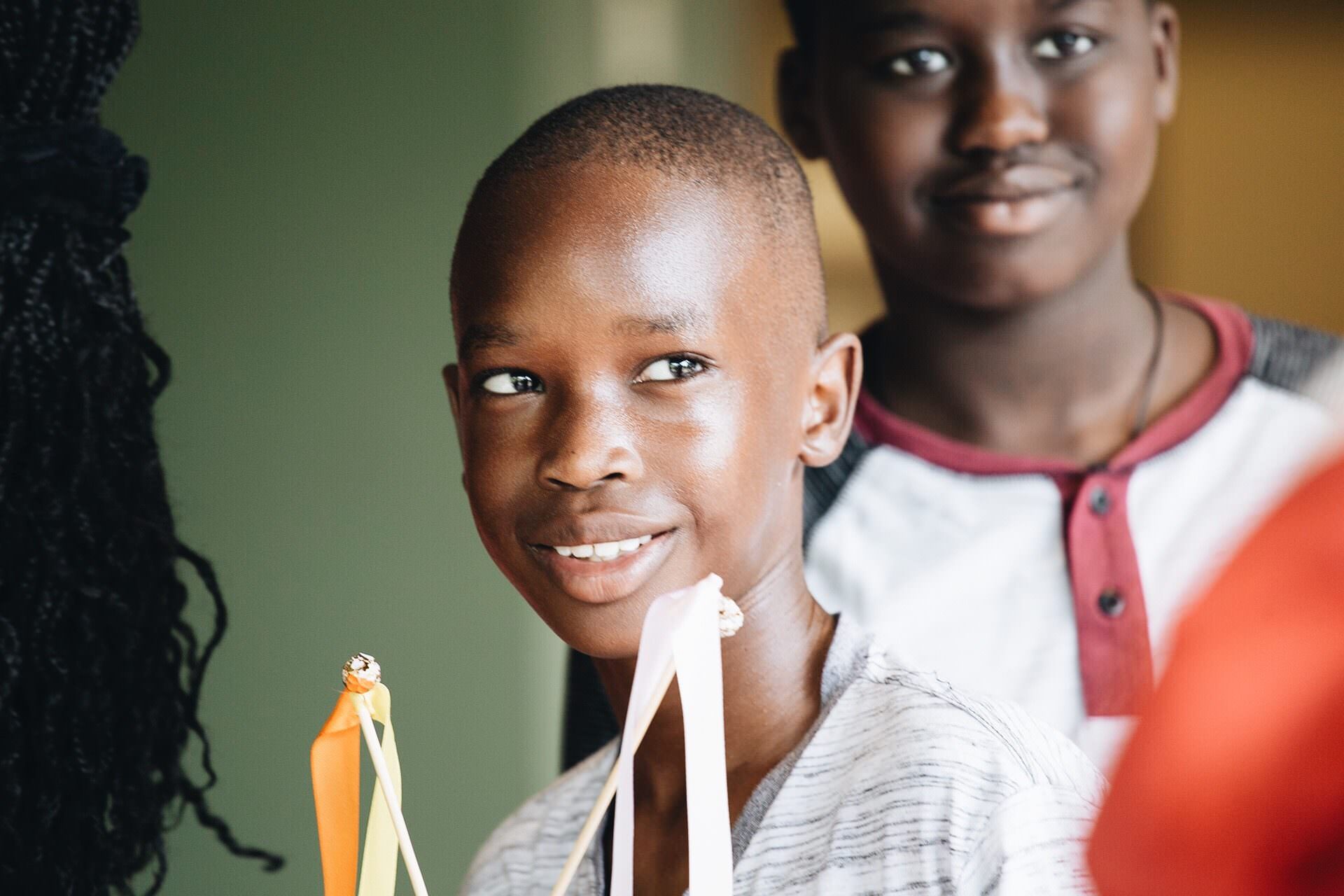
Photos by: Alissabeth Newton
Forterra and the International Rescue Committee’s New Roots program previously teamed on the Namaste community garden in neighboring Tukwila. Excited by its reception, and propelled by financial support from the King Conservation District, the organizations began looking for another large garden site in South King County, aided by community liaisons. Ultimately this led to St. Columba’s Episcopal Church, which readily offered a near one-acre parcel.
A monumental impediment to the garden was a massively tangled stand of invasive Himalayan Blackberry. When it became apparent that human power alone couldn’t do the job, heavy equipment was summoned. Once the canvas was at last cleared, remaining preparations included:
- Smoothing contours and amending soil with help from diverse community volunteers, including area residents originally from Bhutan, eastern Congo, and Sudan. [Part of this work involves establishing hugelkultur beds, nutrient rich soil-mounds that dramatically increase soil productivity.]
- Installing irrigation with the help of Plumbers without Borders.
- Winning a grant from the Fruit Tree Foundation, enabling an orchard with several varieties of apples, European and Asian pears, sweet cherries, plums, and even an edible crabapple. Friends from CityFruit will help the orchard flourish into the future.
- Establishing 35 generously-proportioned organic gardening plots, some of which people began to use even last year, prior to the garden’s official completion.
- Securing the financial and volunteer help of many area organizations, including Starbucks, Nutpods, Tilth Alliance, Jewish Family Service, and Sub Pop Records.
